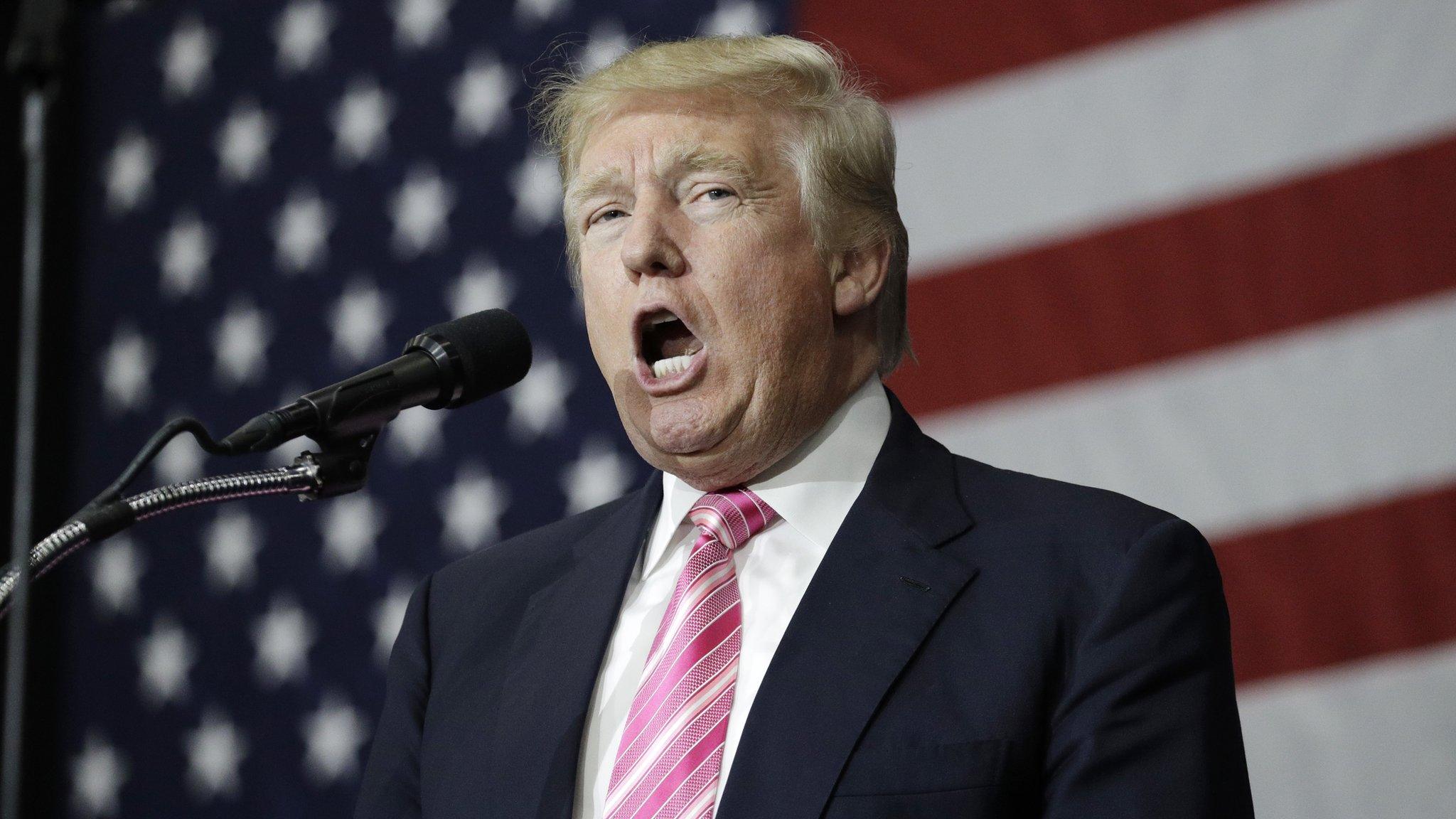US election 2016: Trump and Clinton trust in daughter power
- Published
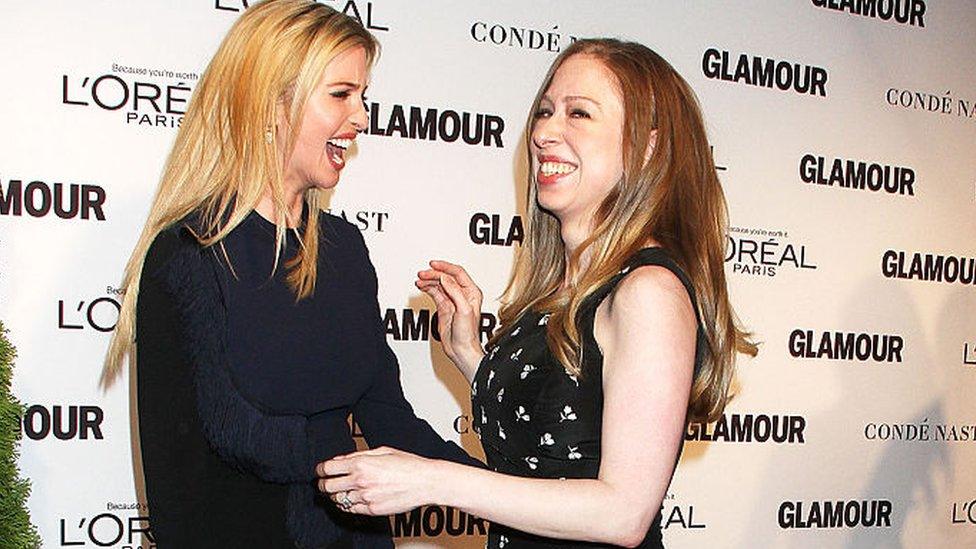
Either Ivanka Trump or Chelsea Clinton is about to acquire new responsibilities
Despite the pressure that the US presidential election campaign has placed on their parents, Chelsea Clinton and Ivanka Trump maintain that they are good friends.
But depending on the outcome of the vote on 8 November, one of the two can expect to be thrust into a major financial role.
Donald Trump has said that if he becomes president, he will hand control of his business empire to Ivanka and her brothers, Don and Eric.
If Hillary Clinton wins the race for the White House, the intention is for her and husband Bill to step down from the board of the Clinton Foundation and for Chelsea, currently its vice-chair, to take over its day-to-day operations.
Both candidates' plans have come under fierce scrutiny from critics, who say they involve big conflicts of interest.
So what are the risks and why should they be allowed to get away with such arrangements?
Blind trusts
Well, first of all, there is absolutely no law that prevents them.
Previous presidents, from Lyndon B Johnson on, have avoided any hint of impropriety by placing their business interests into what is known as a blind trust. This means that the president gives up the right to manage his (or her) money personally, handing the task over to independent trustees.
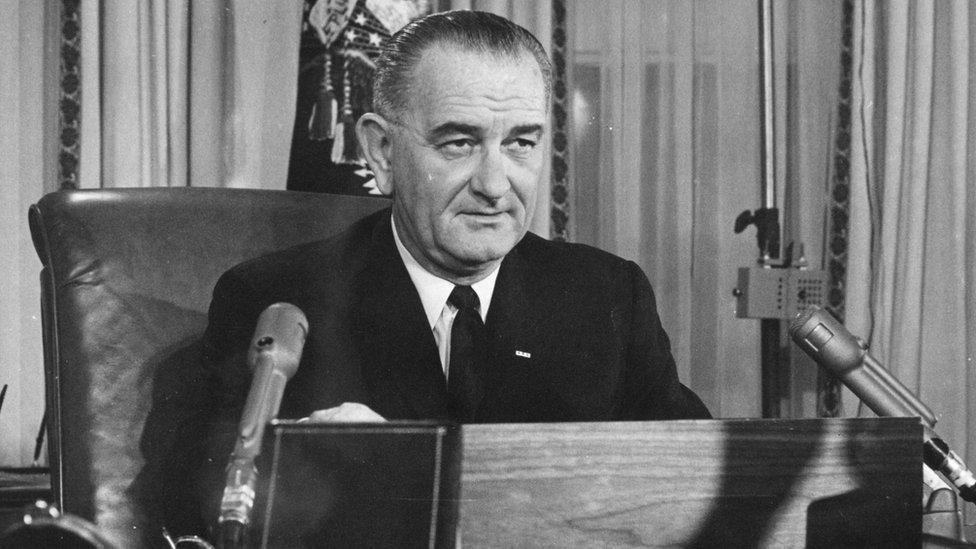
Lyndon B Johnson was the first US president to set up a blind trust to handle his affairs
In LBJ's case, he set one up in 1963, after assuming the presidency in the wake of John F Kennedy's assassination. He and his wife, Lady Bird, owned a TV station, KTBC, in Austin, Texas, and wanted to avoid regulatory problems without having to sell it.
In 1978, the Ethics in Government Act formalised the rules on blind trusts, but left them entirely voluntary as far as presidents are concerned.
Mr Trump has spoken about putting his holdings into a blind trust, but then said that his three oldest children would be in charge of the company, which would not pass the independence test.
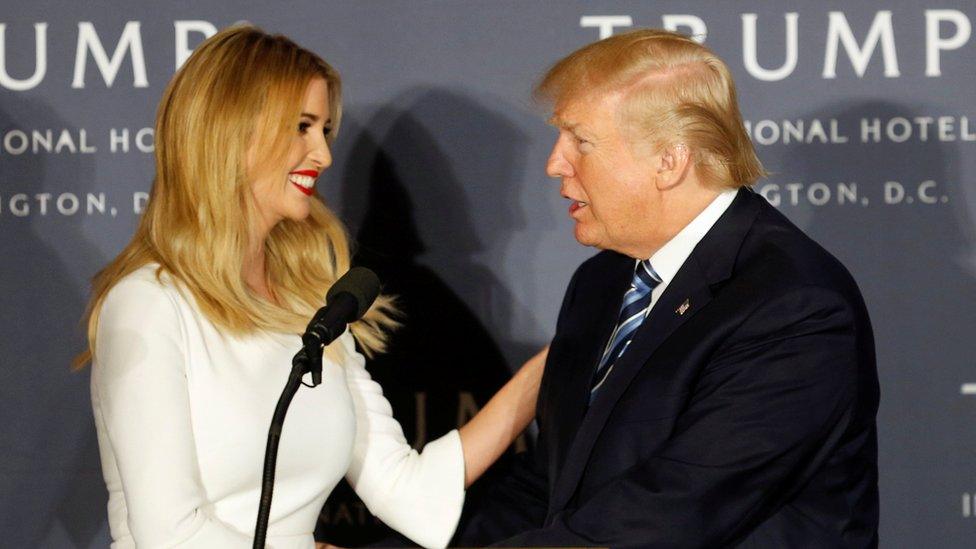
Will Ivanka have a bigger role in running the Trump Organization after 8 November?
"I don't know if it's a blind trust if Ivanka, Don and Eric run it," he said earlier this year. "If that's a blind trust, I don't know.
"But I would probably have my children run it with my executives and I wouldn't ever be involved."
In any case, even if Mr Trump no longer controls those assets directly, he could hardly be expected to forget what they were, so he would remain vulnerable to allegations that his political decisions were designed to favour his business interests.
Foreign donors
The Clinton Foundation, which came into being in 2001, poses a different set of problems.
Former US presidents tend to set up some kind of charitable centre on leaving office, usually with a presidential library attached, and Hillary's husband Bill was no exception.
But, of course, there has never before been a presidential candidate married to an ex-president, so the foundation has turned into a headache for Hillary.
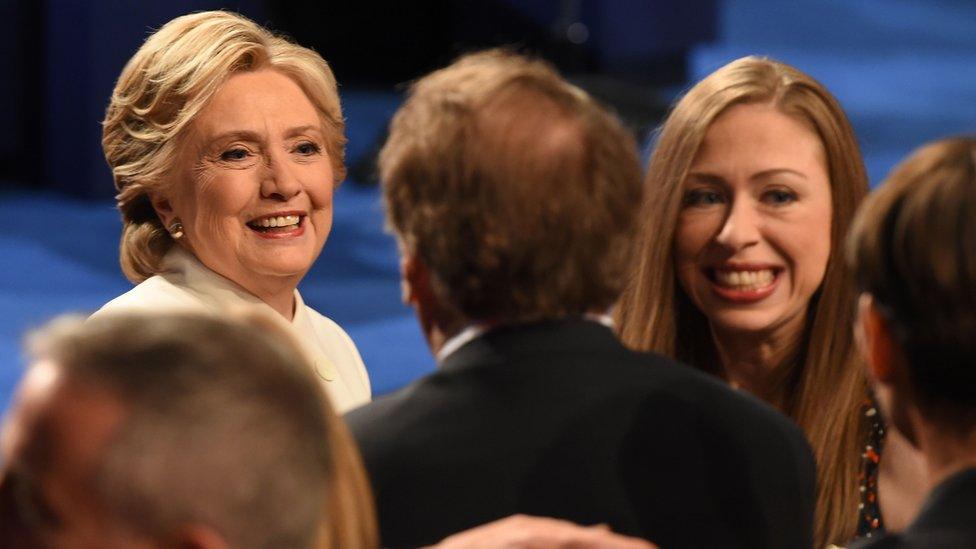
Hillary intends to put her daughter in charge of the Clinton Foundation's day-to-day running
Donors to the foundation have included a number of foreign governments, including Saudi Arabia, Morocco, Algeria and Qatar, as well as various rich individuals and companies.
Critics of the Clintons say these donations, many of them made while Hillary was Secretary of State, represent attempts to influence US policy.
And for those opponents, if Hillary wins, putting Chelsea in charge would not be an acceptable solution, even though the foundation's president, Donna Shalala, has pledged that many of its programmes will be spun off, external as separate non-governmental organisations and foreign donations will no longer be accepted.
Foreign income
And there is another big spanner in the works for both presidential candidates: the US constitution has a provision that could make life very difficult for either of them.
The constitution's Emoluments Clause states: "No title of nobility shall be granted by the United States: and no person holding any office of profit or trust under them, shall, without the consent of the Congress, accept of any present, emolument, office, or title, of any kind whatever, from any king, prince, or foreign state."
It's easy to see what the point of that was. Having created a republic and enshrined the ideal of equality, the Founding Fathers wanted to prevent the US acquiring an aristocracy or being beholden to foreign powers that might undermine those ideals.
But it also seems to say that no-one in senior public office should have any foreign income.
Does that apply to the Clinton Foundation, with its record of foreign donors? And more directly, does that also apply to the Trump Organization, which has joint property ventures and licensing deals stretching from Panama City to Istanbul?
In theory, yes. In practice, it probably depends on that little phrase, "the consent of the Congress".
Any foreign deal or donation involving either of those bodies could easily spawn a Congressional investigation into a possible breach of the constitution. And once the juggernaut started to roll, it could lead all the way to impeachment.
For either Chelsea or Ivanka, life is set to get a whole lot busier after 8 November. But unless their activities are genuinely outside parental control, Mrs Clinton or Mr Trump cannot be sure of escaping unscathed.
- Published4 October 2016
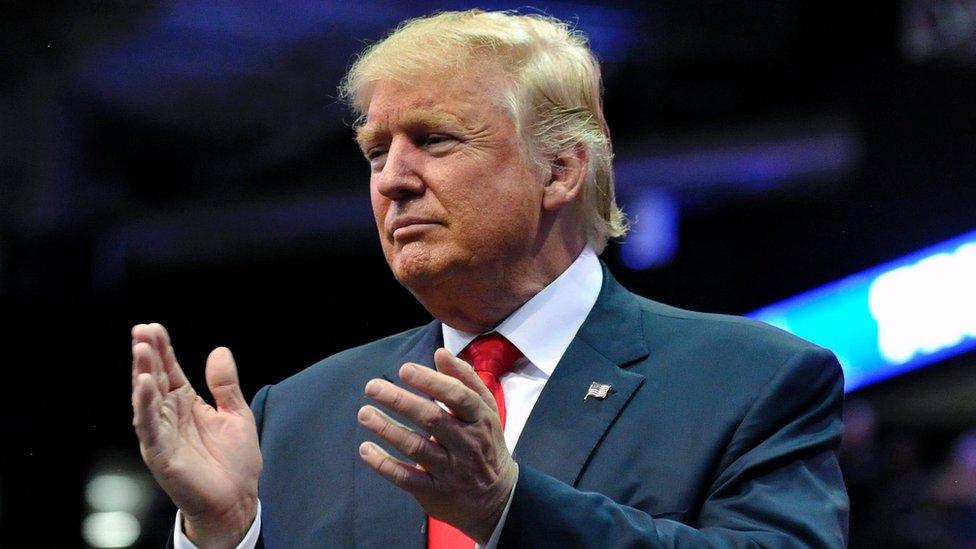
- Published4 October 2016
- Published4 October 2016
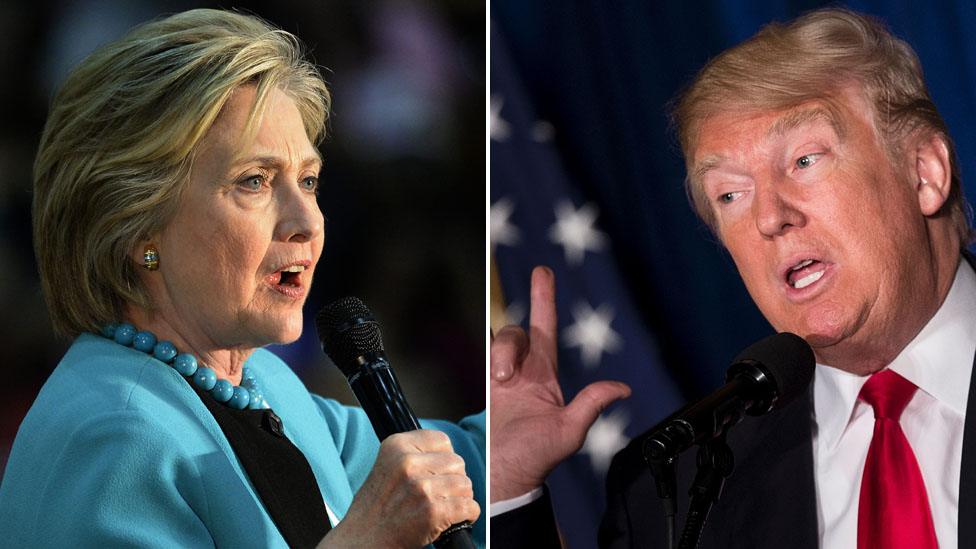
- Published2 October 2016
